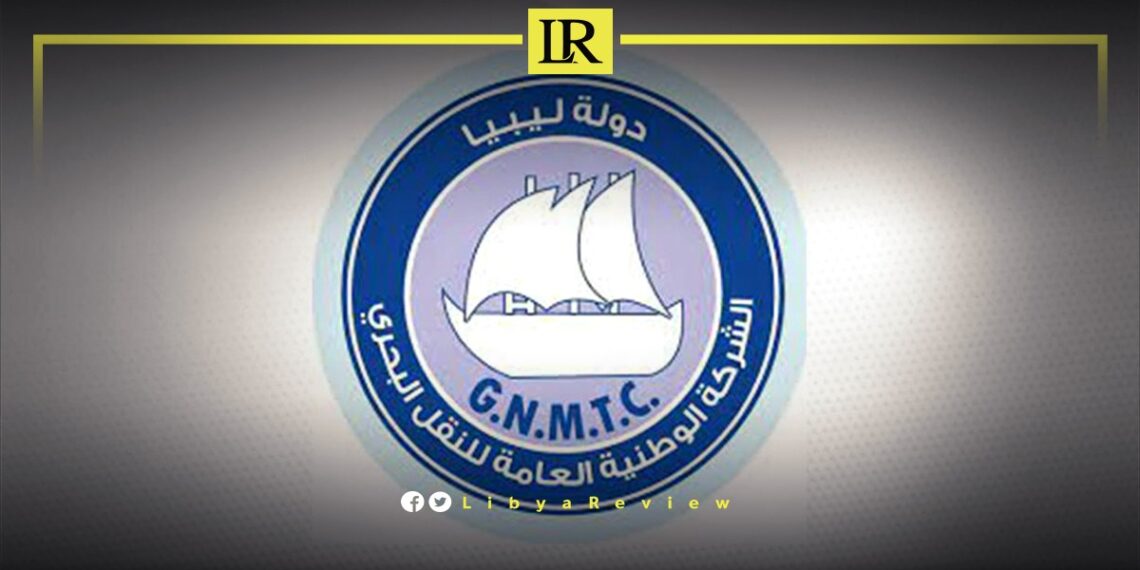In a stark reminder of the fragile security landscape in Libya, the CEO of the General National Maritime Transport Company (GNMTC), Khaled Al-Tawati, was forcibly taken from his residence in the Ghut al Shaal area in Tripoli on Thursday by an armed group.
In a statement, the company revealed that the assailants launched a gunfire attack during the kidnapping, subsequently taking Al-Tawati and his associates to an unknown location for reasons still unclear. While Al-Tawati’s colleagues were released a couple of hours later near a security site in the Al-Fallah area, the CEO’s whereabouts remain unknown.
This recent kidnapping marks the second such ordeal for Al-Tawati in just five months. This casts a shadow over the company’s operational continuity, undermining its commitments in both local and international arenas. The company has unequivocally held the state’s institutions, government, and security apparatus responsible for this act, highlighting their prior knowledge of such threats.
The repeated incidents underscore a broader issue of law enforcement failure and deteriorating security conditions in Tripoli, impeding the normal and safe conduct of daily life and business operations. This situation directly contradicts the Government of National Unity’s (GNU) directive issued on January 15th, 2024, aimed at curbing military and security interference in civilian institutional affairs.
In light of these events, the National Maritime Transport Company stated that it has “taken all necessary legal measures with the appropriate authorities, holding the official entities of the Libyan state, including the government, the Ministry of Interior, and all security and law enforcement agencies, fully responsible.”
The company also called for the immediate and unconditional release of CEO Khaled Al-Tawati, ensuring the company’s ability to operate within the legal framework. The company reaffirms its commitment to legal compliance and cooperation with oversight bodies, vehemently condemning the destructive actions that compromise public welfare.


